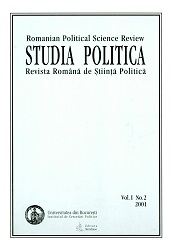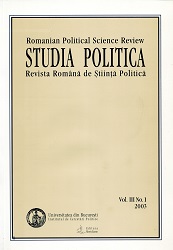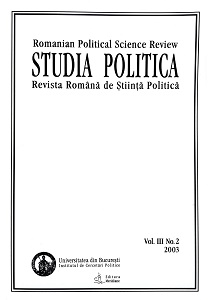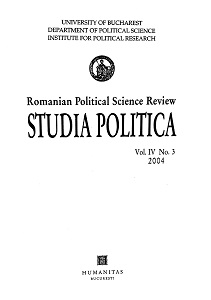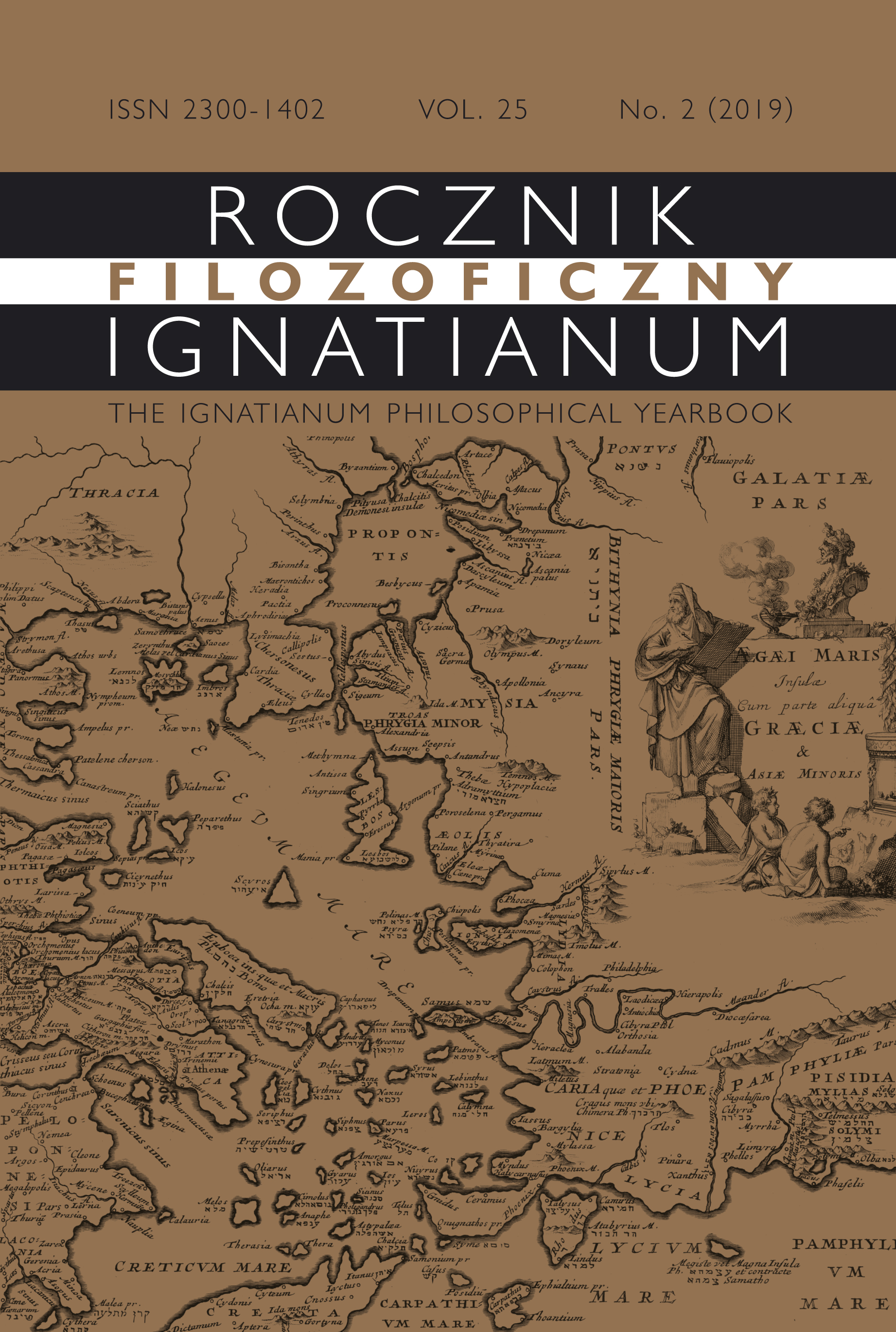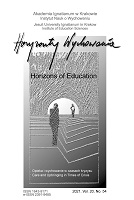Author(s): Milica J. Čizmovic / Language(s): Serbian
Issue: 38/2016
In modern economic conditions, technological development has become the basis for the development of economic entities and the human community as a whole. Technological development results in the creation of new or improvement of existing products, services and processes. Technology transfer, as a process of transferring technological knowledge, represents a strategic option of technological development that is applied by most companies. It is a dynamic, multiphase, interdependent and complex process. The transfer of technology is of particular importance for a group of less developed countries, which strive for faster economic development of their own, and which do not have adequate resources for the independent development of technology. The transfer of technology means the transfer of economically applicable technological solutions and technical knowledge and experience from one business entity providing the technology and the holder of the rights to another business entity-acquiring the technology, with the payment of an appropriate fee. The aim of the paper is to present the obligations of the acquirer of technology from the aspect of execution of the technology transfer contract. In the first part, the concept and significance of higher forms of economic cooperation, the motives of the giver, that is, the acquirer of technology, the procedure for acquiring and assigning industrial property rights through technology transfer, the advantages and disadvantages of this process, as well as the sources of legal regulation of industrial property rights are presented. In the central part of the work, the obligations of the acquirer (corincik) of the technology are described in detail. Most attention is paid to the two basic obligations of the acquirer of technology, namely the obligation to use the subject of the contract and the obligation to pay compensation for the transferred technology. In addition to these, significant attention was paid to other obligations of the acquirer of technology, such as: the obligation to pay fees for services and technical assistance, the obligation to submit reports, the obligation to use subsequent improvements, the obligation to keep the transferred technology secret and the obligation of the same quality of product or service with the trademark license .
More...
